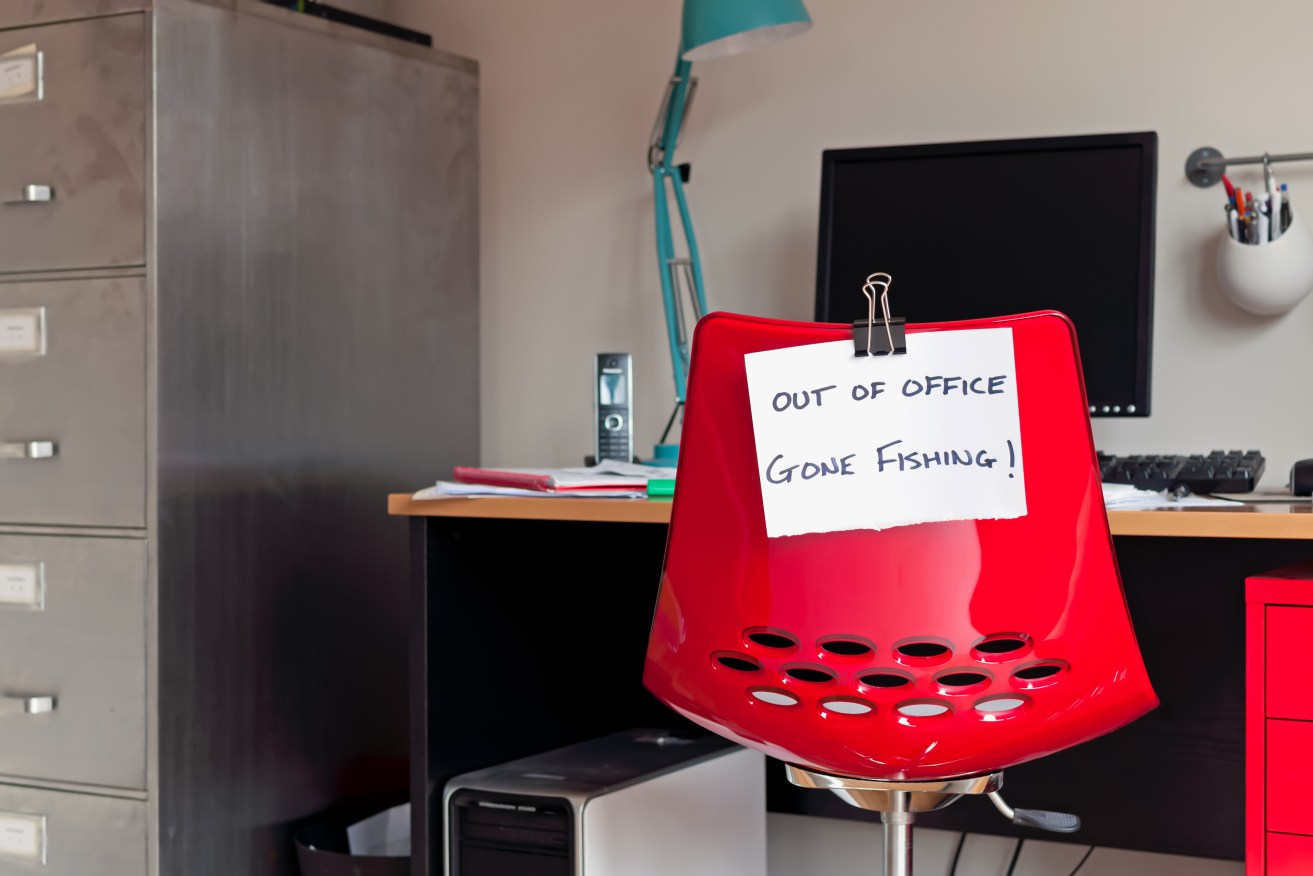British businesses back four-day week in world’s largest trial

The trial found most employees were less stressed and burned out and had a better work-life balance. Photo: Getty
Dozens of British employers trialling a four-day working week have mostly decided to stick with it after a pilot hailed as a breakthrough by campaigners for better work-life balance.
Employees at 61 companies across Britain worked an average of 34 hours across four days between June and December 2022, while earning their existing salary.
Of those, 56 companies, or 92 per cent, opted to continue like that, 18 of them permanently.
The trial is the largest in the world, according to Autonomy, a British research organisation that published the report alongside a group of academics and with backing from New Zealand’s group 4 Day Week Global.
Tweet from @4dayweek_global
While the findings may be interesting for companies struggling for talent, other surveys show few other British employers plan a four-day week soon.
The Autonomy trial covered 2900 staff in sectors ranging from finance company Stellar Asset Management to digital manufacturer Rivelin Robotics and a fish-and-chip shop in the coastal town of Wells-next-the-sea.
The majority agreed productivity had been maintained.
Staff said their wellbeing and work-life balance had improved while data showed employees were much less likely to quit their jobs as a result of the four-day week policy.
“This is a major breakthrough moment for the movement towards a four-day working week,” Joe Ryle, director of the 4 Day Week Campaign, said.
Paul Oliver, chief operating officer at Citizens Advice Gateshead, said job retention and recruitment had improved and sickness levels had gone down during the trial.
“Staff are getting more work done in less time,” he said.
For some employees, the extra day off was more important than pay: 15 per cent said no amount of money would induce them back to a five-day week. Some staff had Wednesdays off, while others had a three-day weekend policy.
Employers from the marketing and advertising, professional services and charity sectors were most represented in the trial. Some 66 per cent of those participating had 25 or fewer employees, while 22 per cent had 50 or more staff. 11 per cent were not for profit.
The trial reflects growing scrutiny of how people work, especially since the COVID-19 pandemic when furlough schemes and mandatory work-from-home periods prompted many to question whether they needed to sit in an office five days a week.
In recent years, some larger global corporates have trialled a four-day approach and also reported successful outcomes.
Microsoft piloted it in Japan for a month in 2019 while consumer goods giant Unilever carried out a year-long trial in New Zealand in 2020.
Late in 2022, Unilever announce it would also trial the policy in its Australian offices. That trial ends in November.
-AAP








